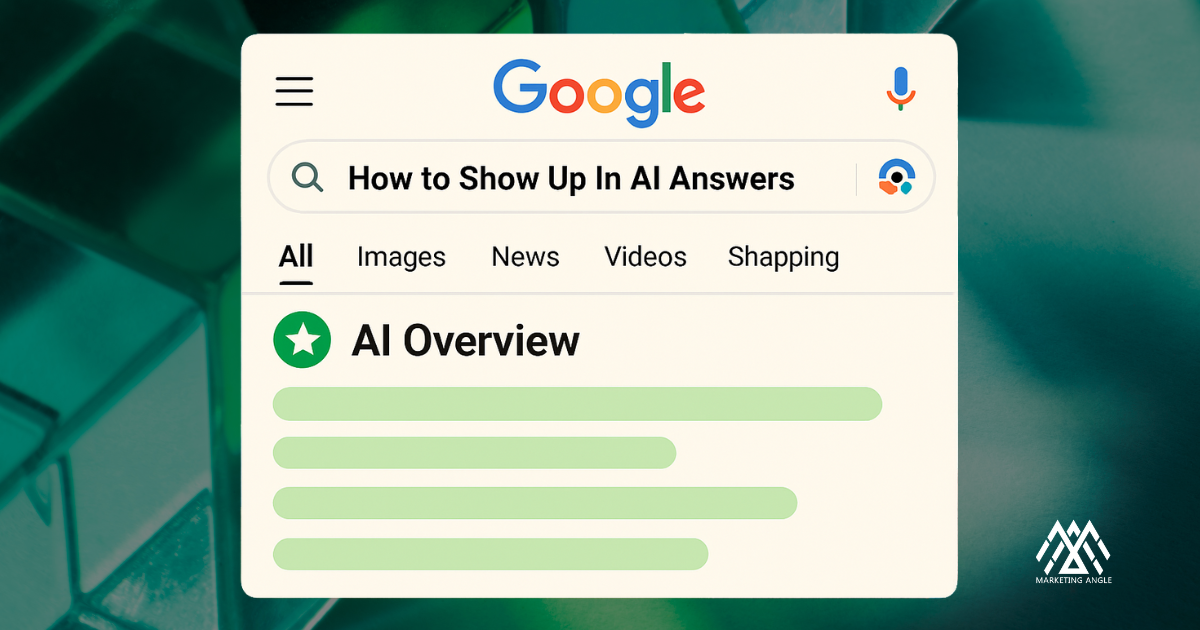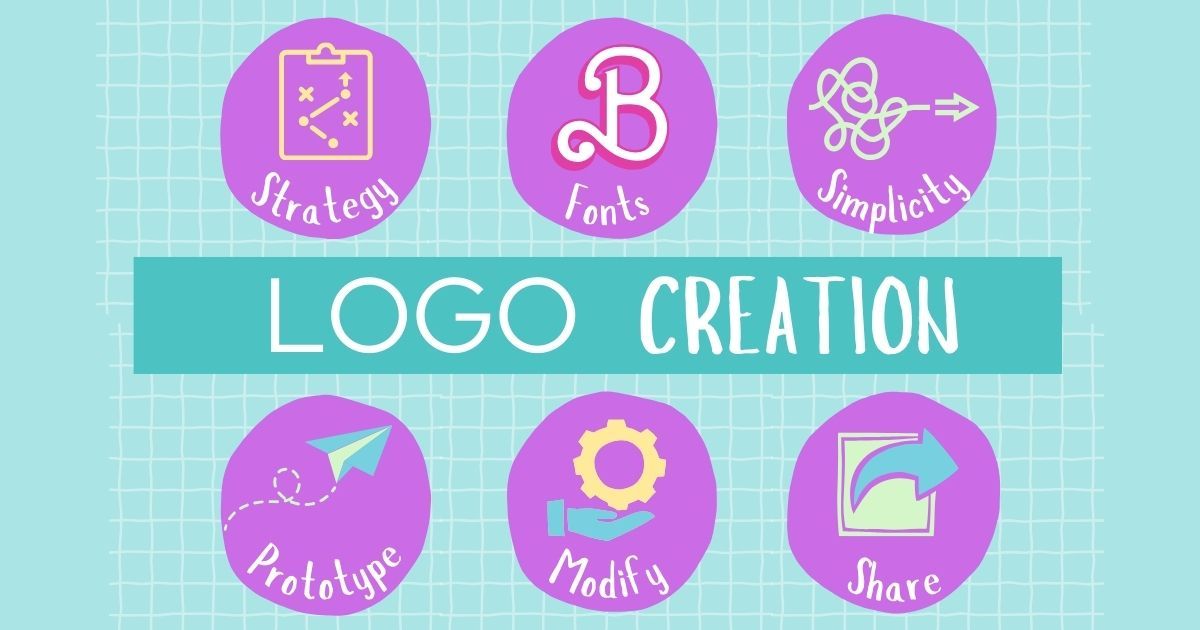Getting Started With An Internet Marketing Strategy

Internet Marketing (digital marketing) has become a little more complicated since the early days of the internet. Back then, businesses rarely created digital marketing plans and those that did, focused mainly on websites and email marketing.
Today, there are dozens of digital marketing channels and platforms to choose from: blogging, webinars, social media, email, podcasts, video, etc.
Should you focus on SEO (Search Engine Optimization) or PPC (Pay Per Click)? Trying to choose the best options and come up with an internet marketing plan for internet advertising can be a daunting task!
Hiring an internet advertising agency could be the right solution for you and your business. A good internet marketing agency can help you identify the most effective components to add and implement into your internet marketing strategy. The most important thing is to develop a well-defined plan. Whether you do it yourself or get the professional help of a digital marketing agency, without a well-defined plan in place, your internet marketing efforts may be inefficient and ineffective. You'll potentially waste money and see diminished returns.
Every business is unique, so it is important to define your digital marketing goals and business objectives as you begin to develop your internet marketing plan.
- Clear, measurable and attainable internet marketing plan objectives help you define exactly what you want to achieve and measure. Be precise and include specific numbers and timeframes to benchmark your progress. Avoid setting goals that are too vague and hard to measure. Set goals that are: specific, measurable, achievable, relevant and time-bound.
- One of the key reasons digital marketing is important is because it allows you to target your audience with great precision. Segmenting your audience and building buyer personas for each of those segments can provide valuable insights about what types of marketing will be most effective in your internet marketing strategy. Creating personas helps you get inside the minds of your target customers and see things from their perspective, allowing you to develop a digital marketing plan that speaks to their needs and biggest challenges.
- Conduct a competitive analysis and determine market share to ensure that your internet marketing efforts are going to be effective. A competive analysis allows you to identify your competitors, calculate your market share, and determine the marketing strategies that they are utilizing:
- Which audience segments are they targeting?
- What digital marketing channels are your competitors using?
- Where are they strongest?
- Where are they weakest?
- What portion of their traffic is earned/owned/paid?
- What's their positioning in the market?
- What's their claimed differentiation?
- What type of messaging and specific language do they use?
- What's their tonality and brand personality?
Use the insights gained from a competitve landscape analysis to determine how to use internet marketing to surpass your competitors.
- Analyze your business against other forces in the market. Referred to as SWOT analysis, this is the counterpart to a competitive landscape analysis. SWOT (strengths, weaknesses, opportunities and threats) is the process to identify what is working, spot potential organic growth opportunities and prepare for external threats.
- What does your company do well?
- What are your primary advantages over your competition?
- What unique resources does your company have?
- What elements of your business aren't working particularly well?
- What things keep you from getting leads or making sales?
- Where does your business fall short of your competitors?
- What opportunities are available to your company?
- Are there market trends that you can take advantage of?
- Can your business utilize new technology that your competitors cannot?
- Is there an under-served segment in your audience?
- Identify potential threats: Could a competitor steal market share? Are there obstacles blocking business growth? Are there any potential financial issues in the future?
The data from your SWOT analysis will help you develop your internet marketing plan; allowing you to cater to your strengths; mitigate your weaknesses; move toward opportunities and proactively avoid potential threats.
- Calculate your internet marketing plan budget. It will vary based on a number of different factors, including:
- Revenue
- Position within the industry
- Previous results
- Goals
- Location
- Profitablility of strategy
While it's important to establish your budget up front, it is equally important to remain flexible to capitalize on opportunities during the management of your marketing campaigns.
- Define your digital marketing channels before you develop a content strategy. Knowing your target audience, goals and budget will help you determine which channels (and how long they may take to produce results) to focus your efforts on. PPC ads deliver instant results, while SEO and content marketing can take a little longer. Determine where your target audience spends most of their time. Is it LinkedIn or webinars? If your audience is younger, then Instagram may be where you should focus. Just remember to focus on how you can provide value to your audience within the channels they favor most.
- Develop your internet marketing strategies and tactics after defining your channels. If you're going to focus on SEO, determine the keywords you are going to target and how you're going to target them.
- Create a marketing calendar to map out the implementation of your internet marketing campaigns. It will help you manage deadlines throughout the year, as well as, ensure that you are consistently reaching each of your audience segments. Be sure to give your yourself time to complete everything in a quality manner. Make sure that each deliverable is clearly assigned to a specific individual on your team.
- Measure the results and KPIs of your digital marketing plan. Compare the outcomes of your internet marketing efforts to the baseline, as well as, original goals. If you don't like what you see, adjust and optimize and then measure again. Be sure to measure each channel to identify what is working for your brand and what may need to be cut.
Although it takes time and effort with a lot of coordination, it is worth the work to develop an internet marketing plan for your business. Your marketing efforts will be much more effective and you'll achieve greater results for your business.
If you're not sure where to start...start with a free consultation from Marketing Angle!
We'd love to learn about your business and help you develop an Internet Marketing plan designed to help grow your business.






